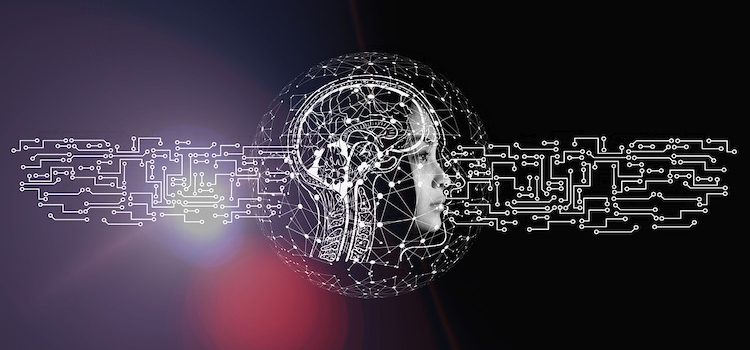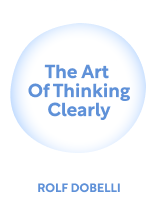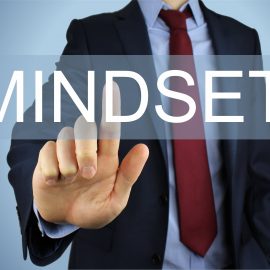

This article is an excerpt from the Shortform book guide to "The Art of Thinking Clearly" by Rolf Dobelli. Shortform has the world's best summaries and analyses of books you should be reading.
Like this article? Sign up for a free trial here .
What is information overload? What’s the problem with having too much information?
The dangers of information overload have grown increasingly severe in the modern world because there’s so much information available. According to Rold Dobelli, the author of The Art of Thinking Clearly, excess information causes problems in two ways: burying basic facts and wasting time.
Keep reading to learn about the dangers of information overload.
The Problem With Too Much Information
People consider having more information to be better than having less. However, too much information causes problems, too. Specifically, information overload buries basic facts and wastes time. When you have too much information, a lot of it’s irrelevant to your situation. This irrelevant information makes it harder to access the useful, basic facts about your situation. In addition, you have to waste time unearthing those basic facts.
For example, consider an expert teaching a freshman physics class. The expert has so much information on atomic physics that he struggles to simplify his course and focus on the information the freshmen need to know: The basic facts are buried by the teacher’s knowledge. In addition, the teacher wastes time discussing information beyond the freshmen’s level. The students have too much complex information and not enough time to understand the simpler information they actually need.
| Rolf Dobelli: What Is Information Overload? The excess in the information that Dobelli discusses is also called “information overload.” When experiencing information overload, your extensive knowledge is confusing rather than helpful. You can’t sort the information by relevance, so distracting, unimportant information intrudes on your thought processes. The dangers of information overload that Dobelli discusses have grown increasingly severe in the modern world because there’s so much information available. Approximately 2.5 quintillion bytes of information are put online every day, and social media algorithms and 24-hour news cycles continually expose you to that information. Rather than helping people to stay updated with world events, this inundation of information makes it almost impossible to find the basic facts about certain situations because they’re buried by opinion pieces and analysis. This increases the time you spend trying to understand these situations. Modern information overload arguably causes even more problems than Dobelli outlines: A lot of the information in the news is negative, and a constant influx of bad news sparks anxiety and depression. This is why many people take “information detoxes” or breaks from social media: When experiencing depressing information overload, ignorance really is bliss. |

———End of Preview———
Like what you just read? Read the rest of the world's best book summary and analysis of Rolf Dobelli's "The Art of Thinking Clearly" at Shortform .
Here's what you'll find in our full The Art of Thinking Clearly summary :
- A detailed look at the most common logical fallacies that inhibit decision-making
- How to recognize and overcome these fallacies to make better decisions
- Why you value things for arbitrary reasons






